admin
-

Latest News
Sport Inclusion Australia, Deaf Sports Australia and Blind Sports Australia continuing to work as one – extending the collaboration
July 7, 2020
-
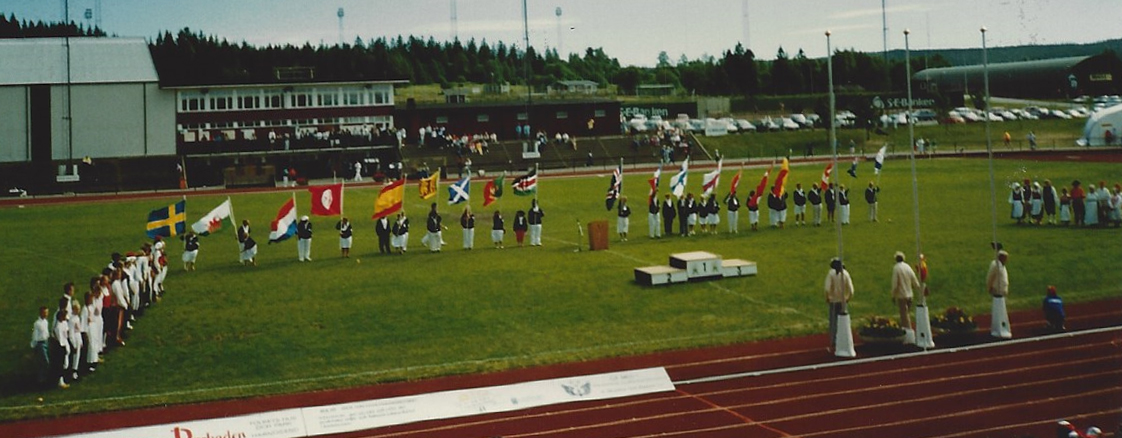
Latest News
Pioneer Athletes and Swimmers attend inaugural Virtus World Championships in Athletics and Swimming
July 2, 2020
-
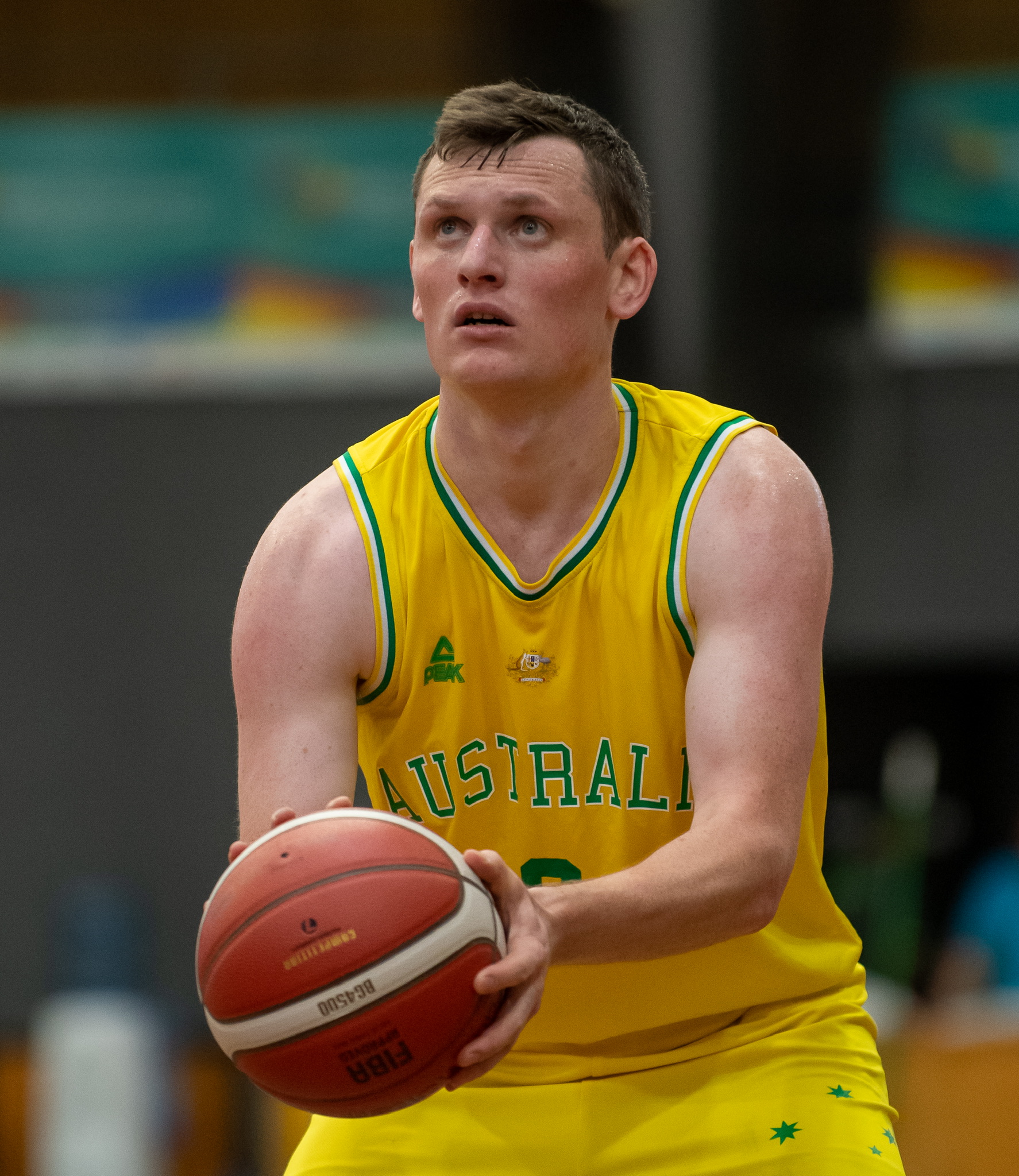
Latest News
Koenig flies flag for ACT
June 24, 2020
-

Latest News
Wayne Bird retires from Basketball Victoria
April 8, 2020
-
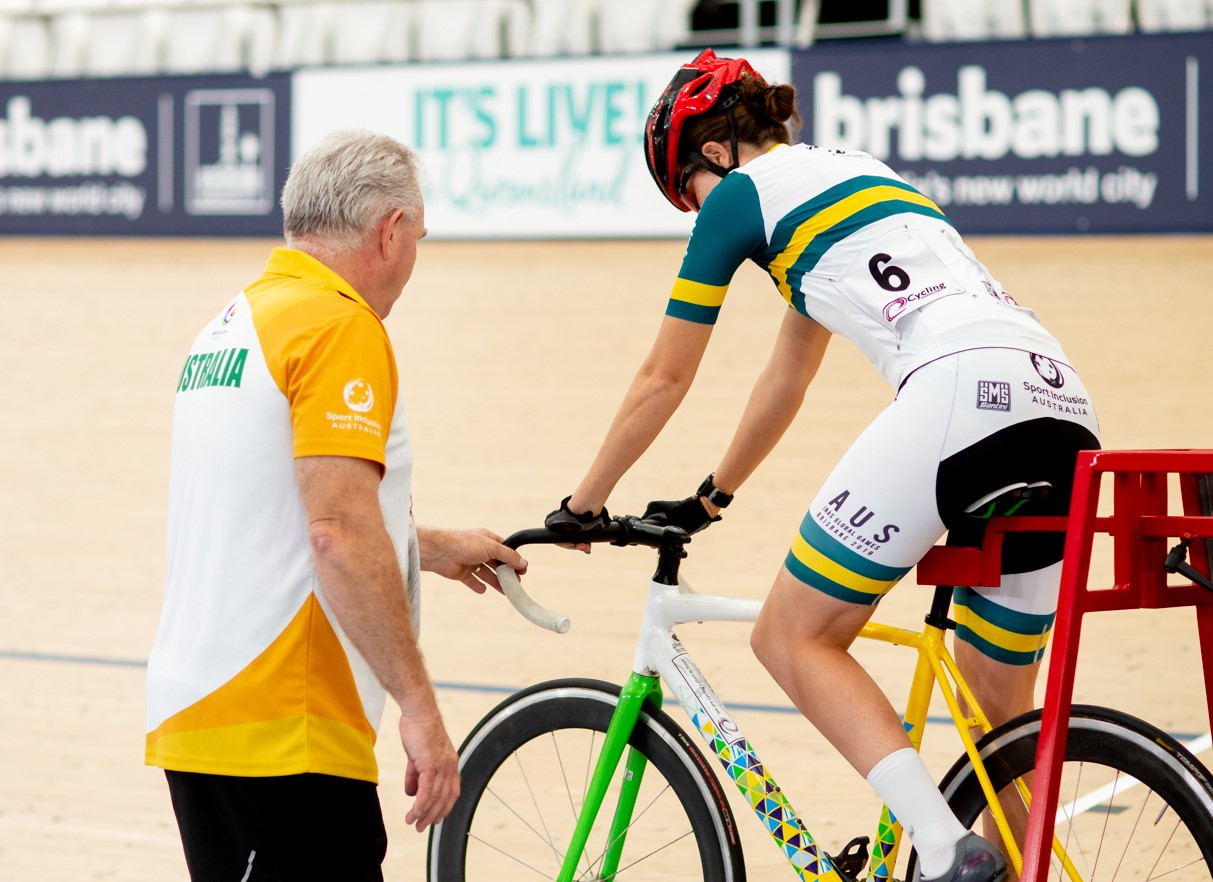
Latest News
Australian INAS Global Games team officials to lead Australian cyclists to Virtus Cycling World Championships
March 2, 2020
-
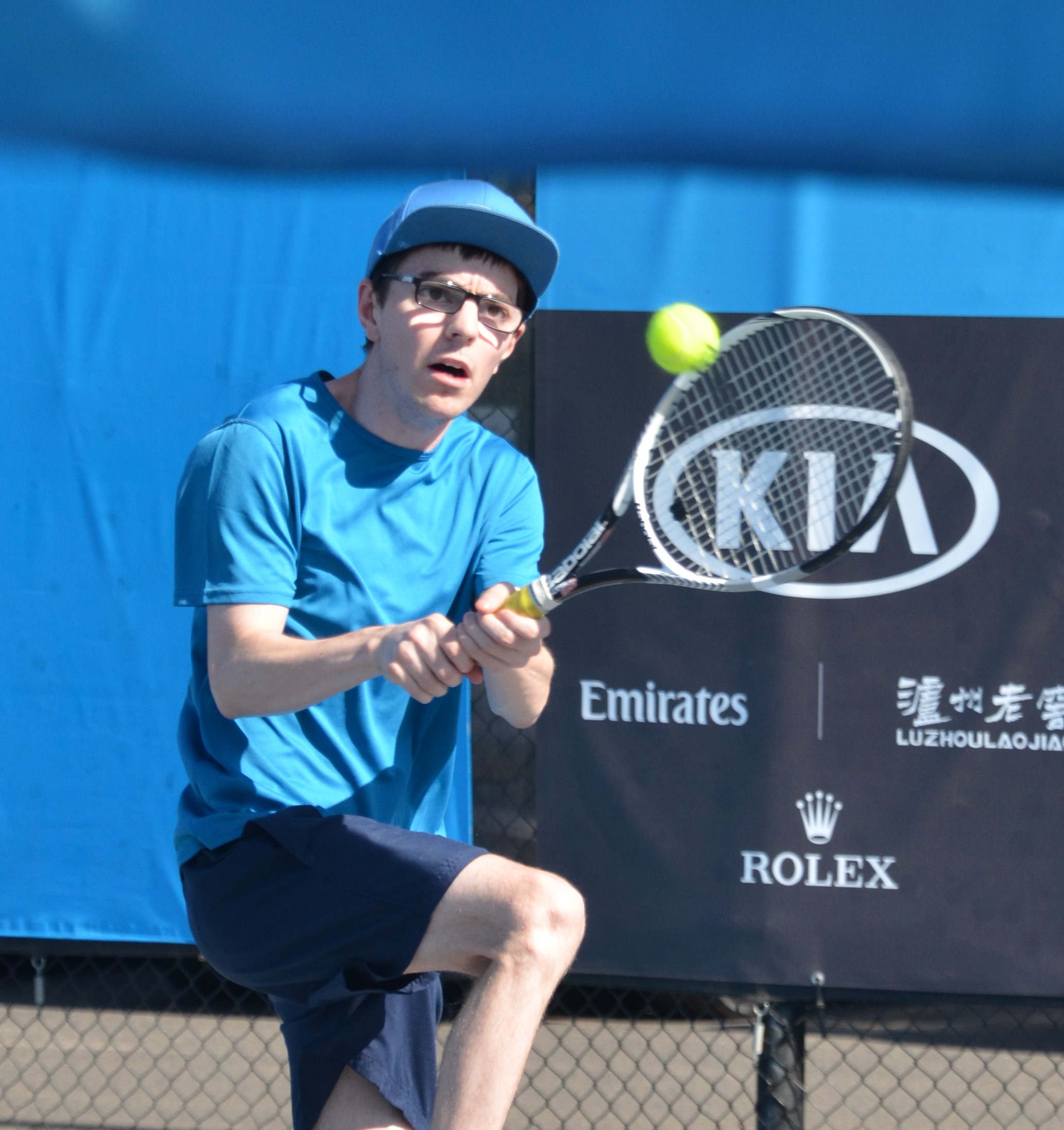
Latest News
Weather impacts 23rd Australian Tennis Championships Melbourne
February 17, 2020
-
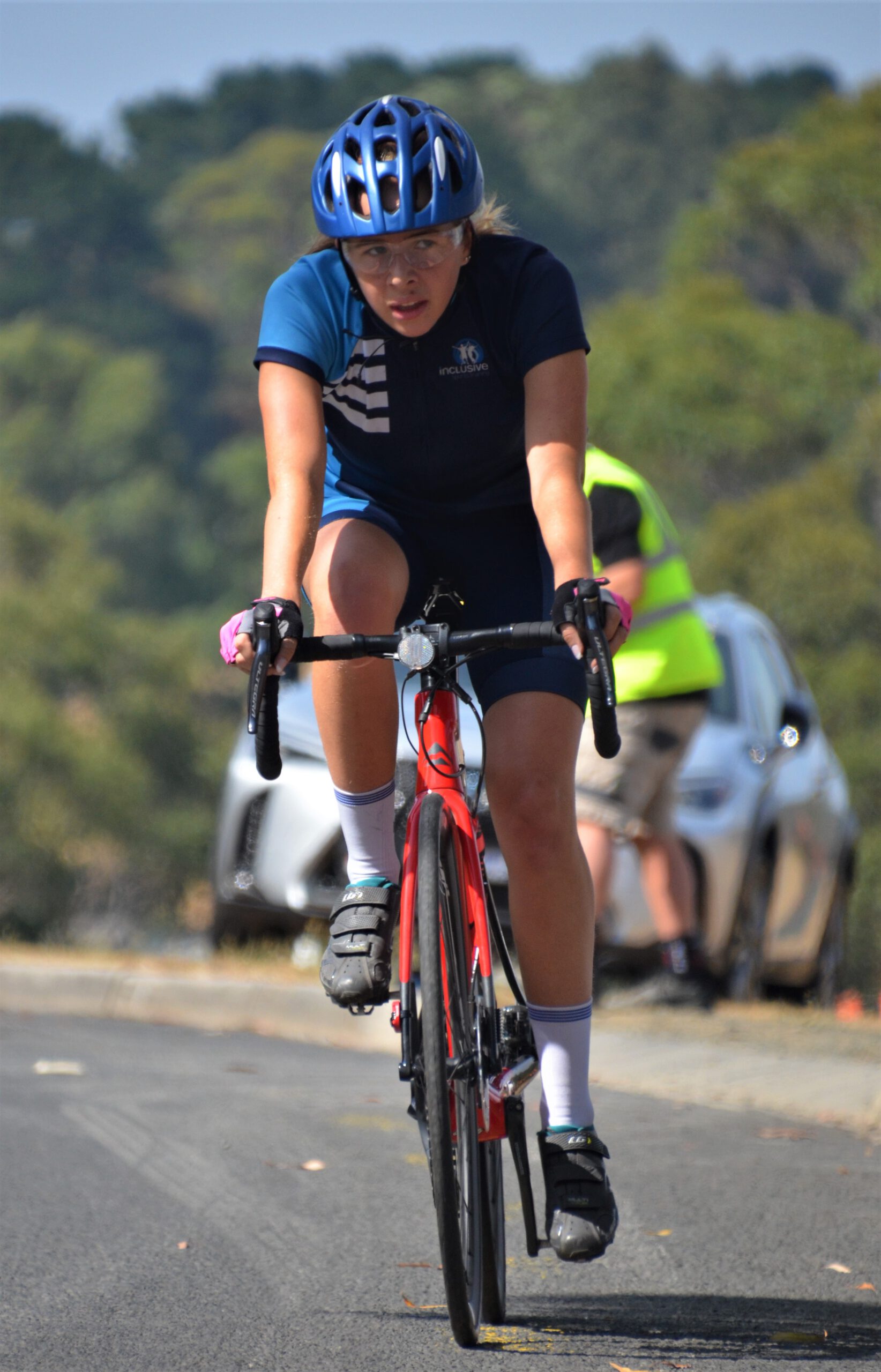
Latest News
Ascui, Broeren and Powning Claim first Cycling National Titles
February 4, 2020
-
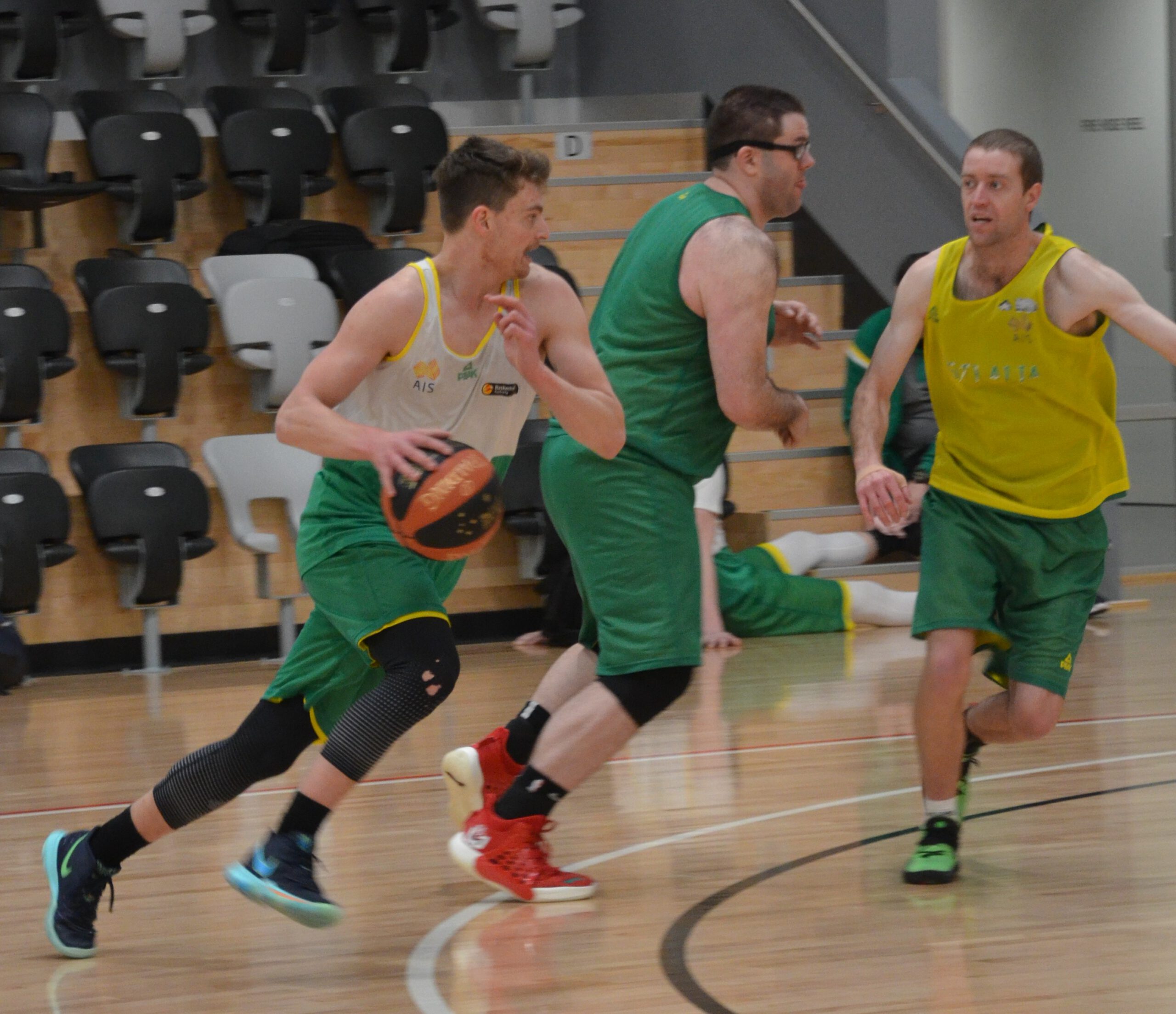
Latest News
Boomerangs set to take on World’s Best
September 9, 2019
-
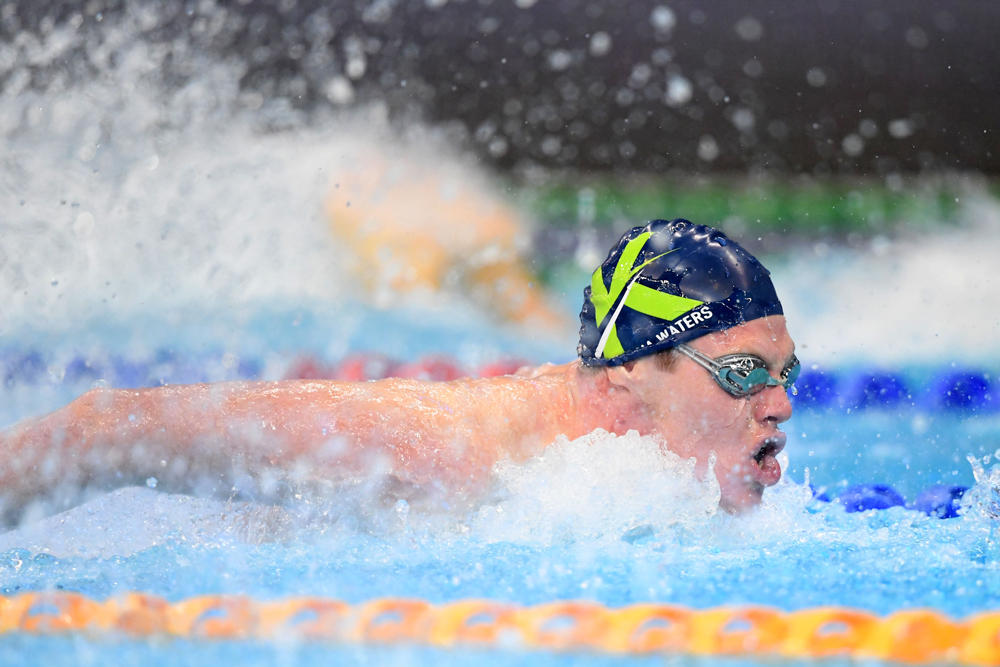
Latest News
Largest Swim Team to represent Australia
June 27, 2019
-
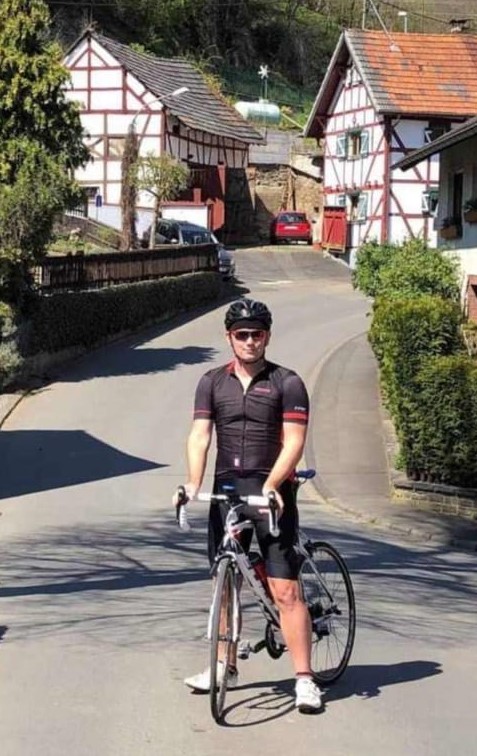
Latest News
Australian Cycling team for the 2019 INAS Global Games announced
June 12, 2019
-
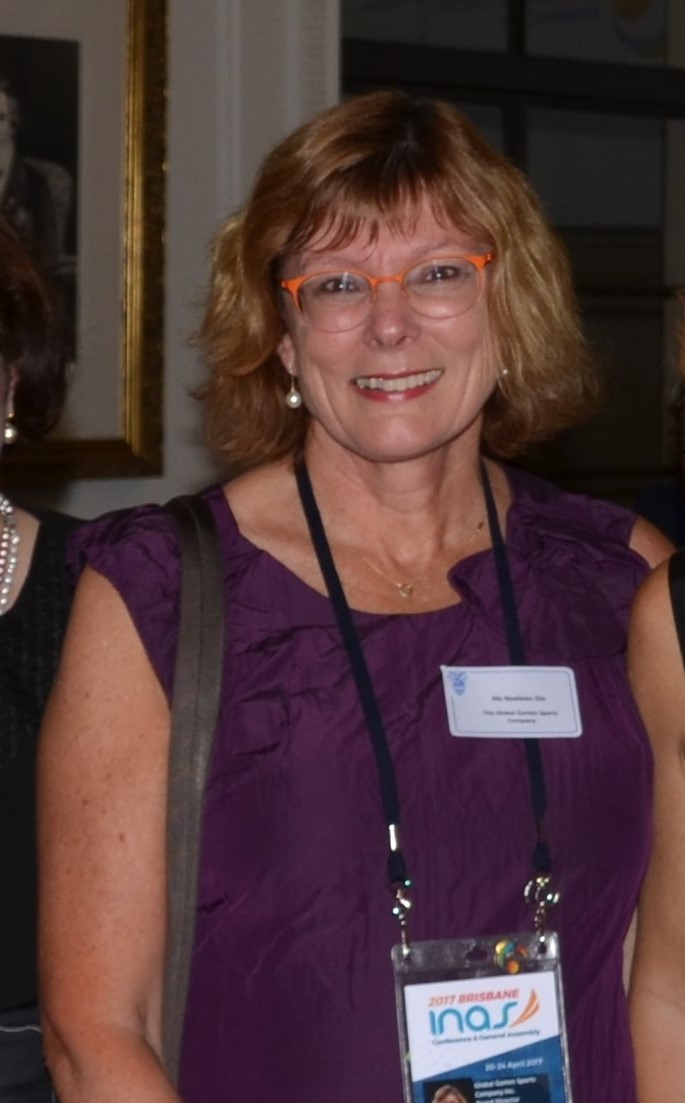
Latest News
Congratulations Noeleen Dix AM
June 10, 2019
-
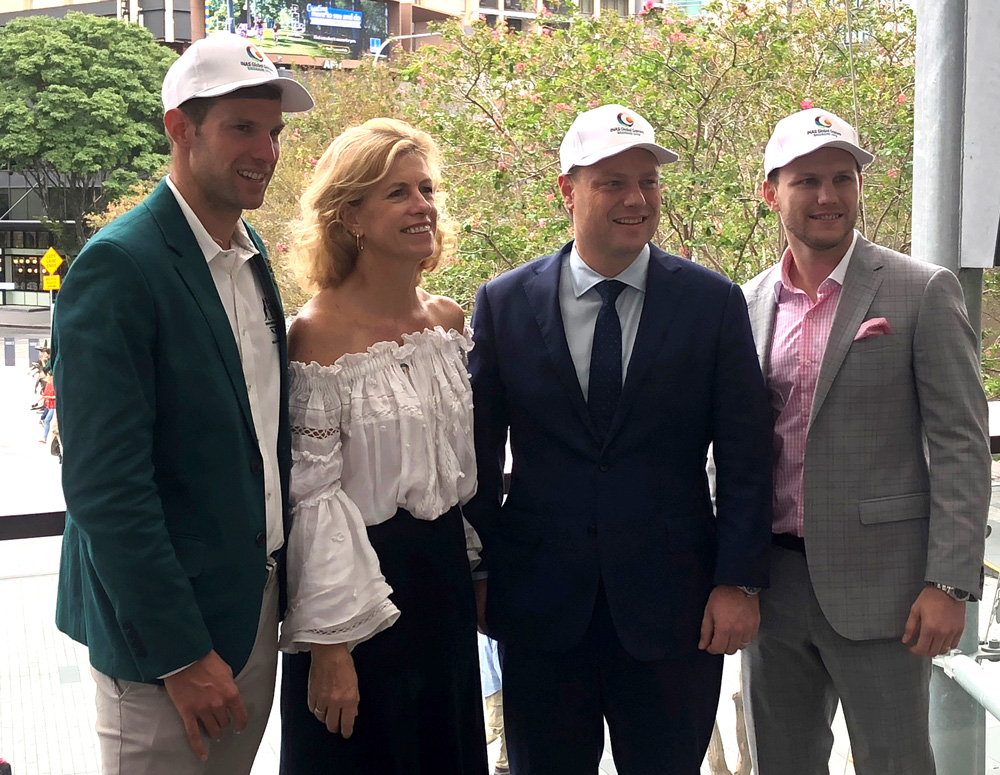
Latest News
Boxing Legend Jeff Horn: Ambassador For INAS Global Games 2019
April 23, 2019












